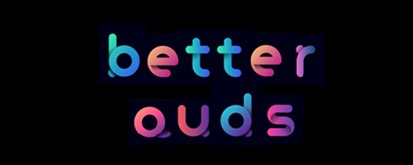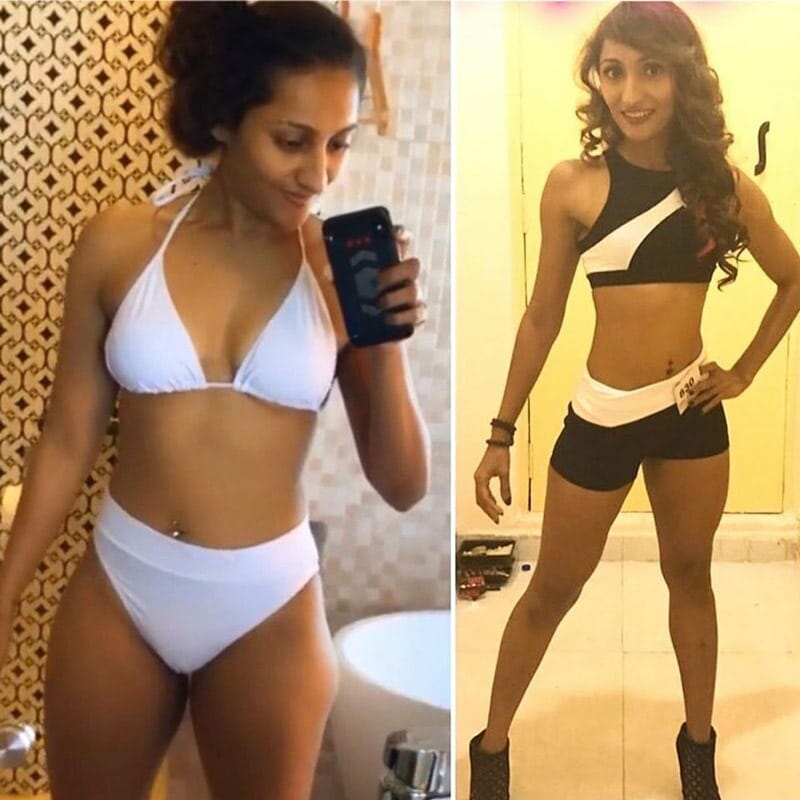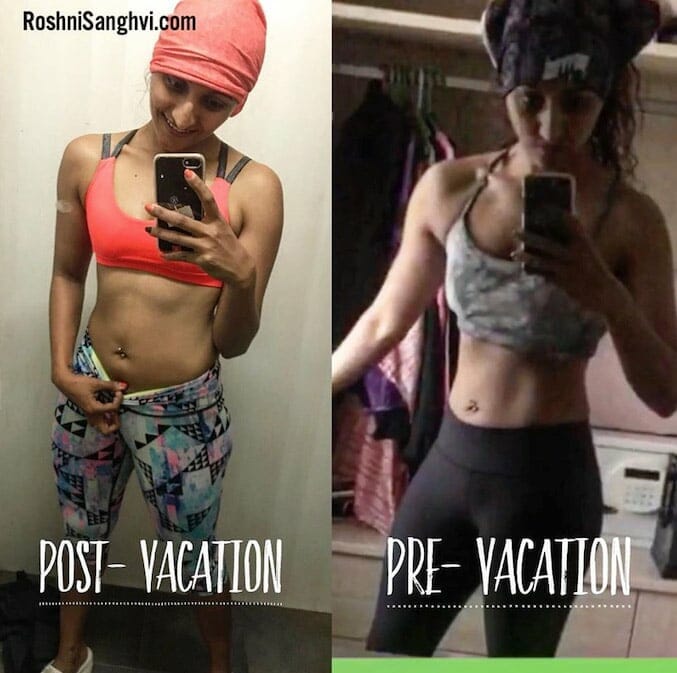With the turn of the century, Veganism is on the rise. More and more people are adopting a plant-based diet, be it for ethical reasons, health reasons, or environmental reasons. While a plant-based diet does seem to offer some unique benefits, is it enough to get all the nutrients and vitamins, though? Let’s explore how a plant-based diet might actually work in your favor and help get stronger. Plant-based fitness expert and nutritionist Roshni Sanghvi is here to help us understand the benefits of a plant-based diet and how it changed her life over.
How and when you got introduced to Veganism?
I was introduced to a plant-based diet around the age of 18 when I was still doing my undergrad in the US. I was inclined towards moving more towards the plant-based lifestyle, but it took me 5-7 years from then to fully transition to a vegan diet. It was only a few years after I got into the fitness industry and started understanding my body well enough that I realized how acidic and harmful dairy is for the system. There was no looking back once I transitioned. The rewards you get with the increased energy levels in the body, better digestion, and faster recovery are better than any dairy cheese.
What were the first benefits of a plant-based diet you saw in yourself?
The very first change I noticed was that my joint pains went away. A plant-based diet is often used as a treatment for arthritis and even prevents osteoporosis. The acidic nature of animal protein causes a condition called metabolic acidosis, degenerating muscle tissues, and making you weaker and leading to weaker bones. My strength and recovery increased, which, as an athlete, is very important. I also noticed that my digestion and ache improved tremendously. There were ample other changes, but these were specific to my performance as an athlete.
Anything you miss from your old vegetarian lifestyle?
With ample companies investing in plant-based food alternatives now, I have tasted things I did not even think about when vegetarian such as mock duck, plant-based eggs, and vegan chicken. So no, I do not miss anything from my previous lifestyle.
How hard is traveling, and finding food options is for you?
It is actually not that hard at all. Besides standard American and Indian cuisine, vegetarian food in most places is mostly naturally Vegan. Vegetarian Thai, Chinese, Japanese is by default, vegan. I guess it is only Indians and a few other places across the globe that is so crazy about their dairy. Besides, exploring small vegan joints across the globe when I travel gives me an opportunity to try locally grown food. I avoid chain restaurants for the same reason and love exploring small family-run cafes. People are very accommodating almost always and happy to customize the menu for you. Even Indian food is mostly vegan, just skip the paneer, buttermilk, and ghee!
You are a favorite influencer to a lot, who is your favorite influencer?
Oh, it is got to be Dana Lin Bailey! She breaks all your typical ‘ladylike’ stereotype and is her own boss. Her husband Rob Bailey also follows a plant-based diet, and the power couple is extremely motivating.
Your main sources of Vegan Protein?
Lentils and beans definitely. But I also enjoy seitan, tempeh, wheat, and tofu. Being a high carb athlete, though, I do not consume more than 20- 25% of my daily calories coming in from proteins. This is very easy to achieve on a plant-based diet without supplements.
What do you think is the biggest misconception about vegans and how do you address this?
The protein myth, of course. Ironically though, excess meat and dairy consumptions lead to muscle breakdown and formation of cancer and tumors. A plant-based diet is ideal for athletes because it gives you an edge with regard to recovery. An alkaline diet such as a vegan diet helps with faster recovery and better absorption of micronutrients; thus, you can train for longer hours and sustain energy.
What’s your typical breakfast?
I am currently following Intermittent fasting, so my first meal is more of a brunch than breakfast. Always start with a cup of fruits with any one type of seeds or nuts. This is followed by a rainbow salad with tahini. Then is one source of stir-fry greens and any one grain or millet with cooked veggies. I also add in a source of probiotics and cruciferous veggies at least 4-5 times per week.
Biggest misconception people have about plant-based fitness?
People think its too hard to transition to a plant-based diet. It is really not that hard. I live with my non- vegan family, and never have I felt that I need to go out of the way to cook my food. I just skip the ghee from my roti’s or avoid tea/ coffee. For the first six months, I went vegan, I did not even know well about the dairy-free alternatives and survived fine. Now I know a lot of sources for vegan cheese/ butter/ milk about where I stay and recommend the same to my clients.
Where can people find you?
You can find me on website, or you can follow me on Instagram.


